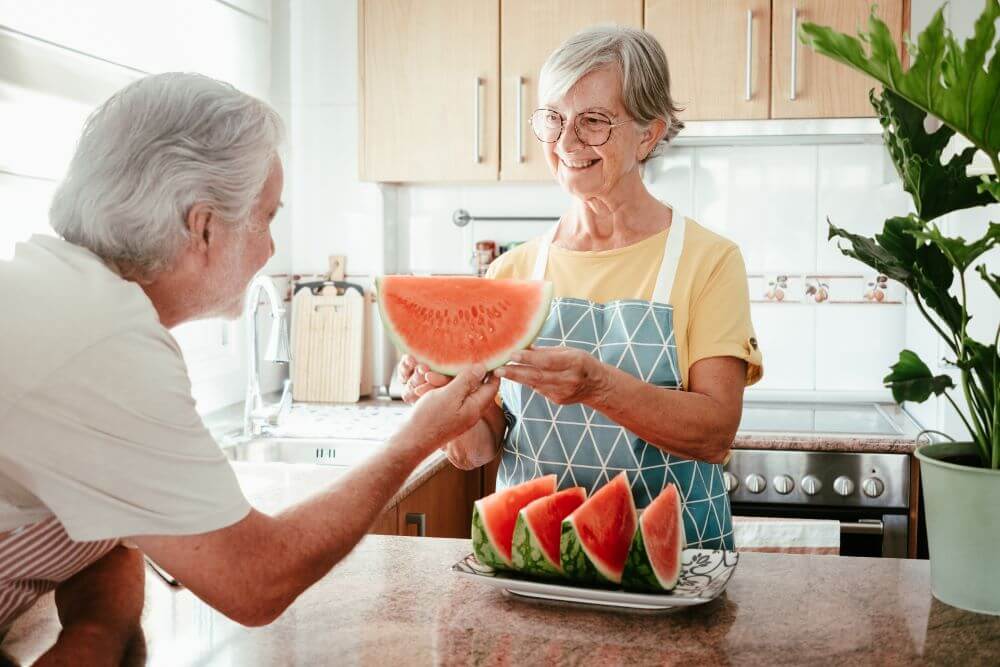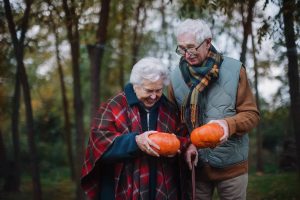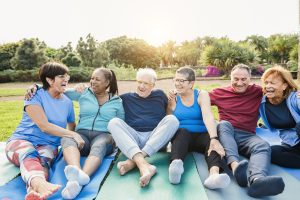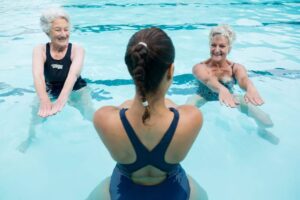Summer brings a season of warmth, outdoor activities, and an overall boost in mood. However, for seniors, the summer months also present unique challenges that require careful attention to wellness. As temperatures rise, so do the risks associated with heat-related illnesses, dehydration, and sun exposure. By adopting a few key habits, seniors can enjoy a safe and healthy summer. This guide offers comprehensive tips to help seniors stay hydrated, protect their skin from the sun, remain physically active, and monitor their health during the hot months.
Staying Hydrated
Importance of Hydration
Hydration is crucial, especially for seniors, as it helps prevent heatstroke and dehydration, both of which can be life-threatening. Proper hydration supports overall health by aiding digestion, maintaining healthy circulation, and ensuring the body’s organs function optimally. Seniors are particularly susceptible to dehydration because the sensation of thirst diminishes with age, and certain medications may also increase the risk. Dehydration can lead to serious health complications, including urinary and kidney problems, seizures, and even heatstroke.
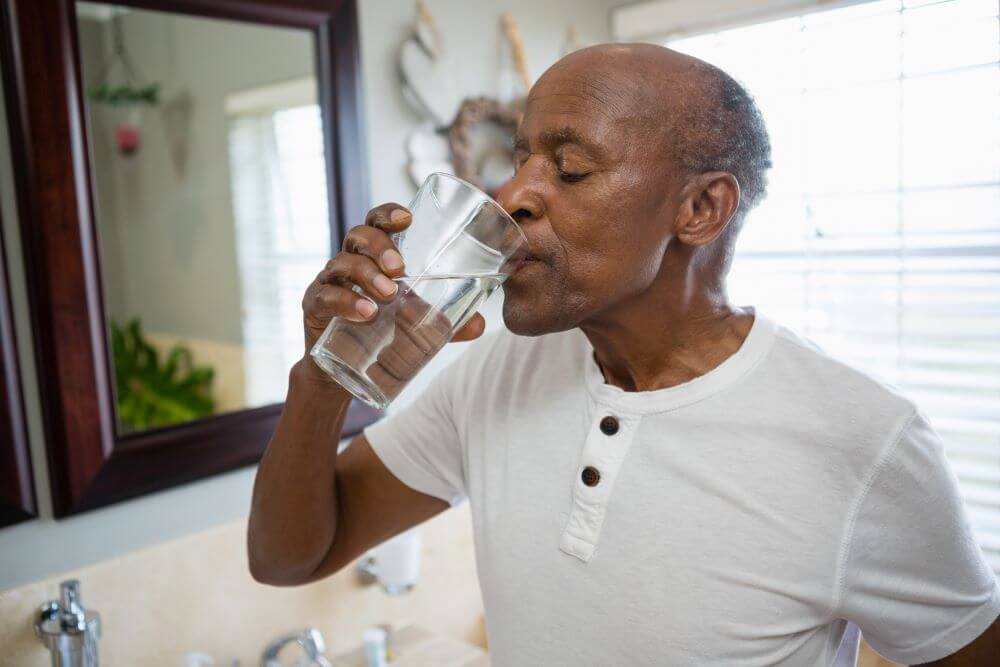
Tips for Staying Hydrated
- Drink Water Regularly: Seniors should drink water consistently throughout the day, even if they do not feel thirsty. Setting regular reminders can be helpful. It might be beneficial to create a hydration schedule, drinking a glass of water upon waking, with each meal, and at regular intervals throughout the day.
- Incorporate Hydrating Foods: Eating water-rich fruits and vegetables, such as watermelon, cucumbers, strawberries, and lettuce, can contribute to overall hydration. These foods not only provide essential hydration but also supply vitamins, minerals, and fiber, which are crucial for maintaining overall health.
- Keep a Water Bottle Handy: Having a water bottle within reach at all times makes it easier to sip water regularly. Consider using a reusable bottle with markers indicating how much to drink by certain times of the day to keep track of your intake.
- Limit Caffeine and Alcohol: Both caffeine and alcohol can contribute to dehydration. Seniors should limit their intake of these beverages and opt for water or herbal teas instead. If consuming caffeinated or alcoholic drinks, it’s a good practice to follow up with a glass of water to help balance fluid levels.
Protecting Skin from the Sun
Risks of Sun Exposure
The sun’s ultraviolet (UV) radiation poses significant risks, including skin cancer, sunburn, and premature aging. Seniors’ skin tends to be more sensitive and prone to damage due to thinning and reduced elasticity. Protecting the skin from harmful UV rays is essential to prevent these issues. Excessive sun exposure can also exacerbate existing health conditions, such as rosacea and other skin disorders.
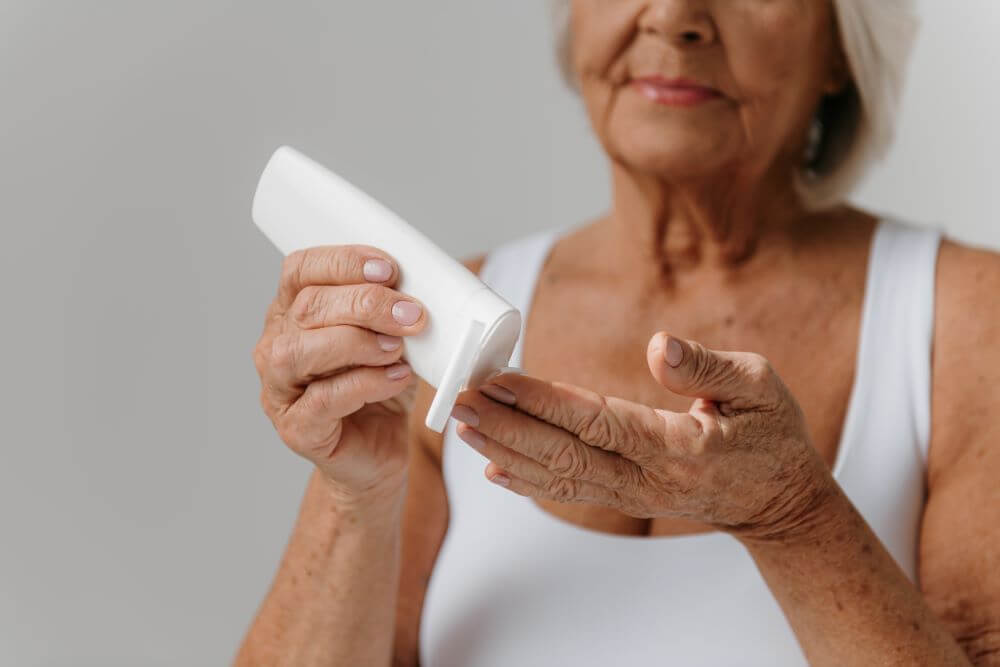
Sun Protection Tips
- Use Broad-Spectrum Sunscreen: Apply a broad-spectrum sunscreen with an SPF of at least 30. This type of sunscreen protects against both UVA and UVB rays. Ensure the sunscreen is water-resistant if you plan to be active or swim.
- Apply and Reapply Sunscreen: Apply sunscreen 20 minutes before going outside and reapply every two hours, or more frequently if swimming or sweating. Don’t forget often-missed areas like the ears, back of the neck, and tops of the feet.
- Wear Protective Clothing: Choose clothing that covers the skin, such as long sleeves, wide-brimmed hats, and UV-blocking sunglasses. Consider investing in clothing with built-in UV protection for added convenience and effectiveness.
- Seek Shade: Limit direct sun exposure, especially during peak hours from 10 AM to 4 PM. Find shaded areas or use umbrellas and canopies when outdoors. Planning activities for the early morning or late afternoon can help avoid the most intense sun exposure.
Fun Ways to Stay Active
Importance of Physical Activity
Physical activity is vital for maintaining mobility, enhancing mood, and improving overall health. For seniors, staying active can help prevent chronic conditions, boost mental health, and maintain independence. Regular exercise can improve cardiovascular health, strengthen muscles, and enhance flexibility and balance, reducing the risk of falls and injuries.
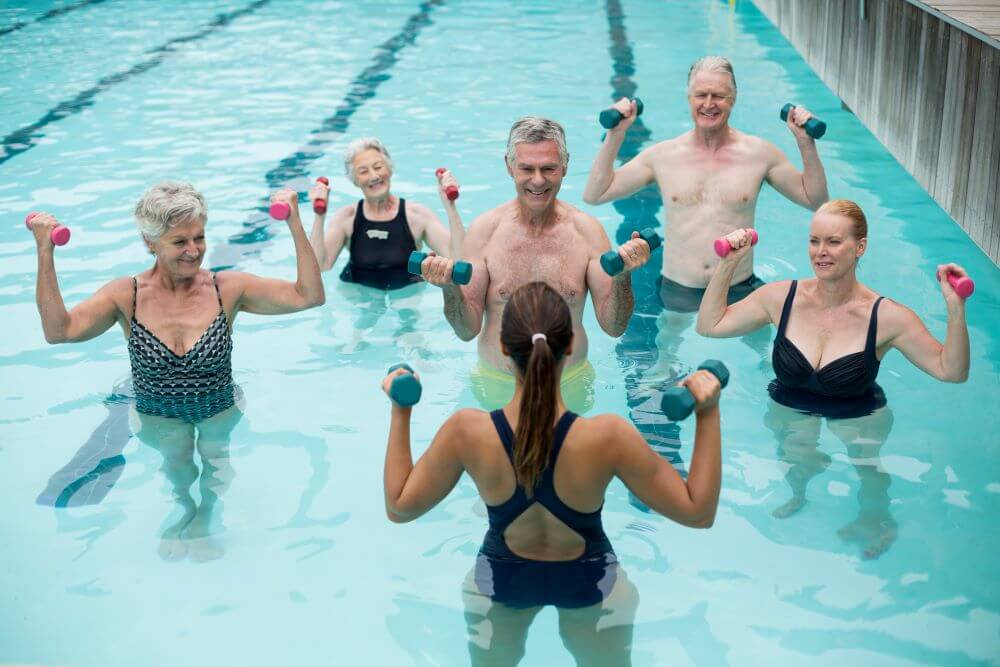
Summer-Friendly Activities
- Walking: Opt for early morning or evening walks to avoid the heat of the day. Walking is a gentle exercise that helps maintain cardiovascular health. Exploring local parks or nature trails can make walks more enjoyable and provide a change of scenery.
- Swimming: Swimming is an excellent low-impact exercise that is easy on the joints and helps keep the body cool. Seniors can join water aerobics classes for added fun and socialization. Pools often offer senior-specific classes that cater to various fitness levels.
- Gardening: Gardening is a relaxing and rewarding way to stay active. It provides light physical activity and the joy of nurturing plants. Activities like planting, weeding, and watering can help maintain flexibility and strength.
- Group Classes: Many communities offer outdoor fitness classes tailored for seniors, such as yoga, tai chi, or dance classes. These activities can be a great way to stay fit and meet new people. Group settings also provide motivation and a sense of camaraderie.
- Indoor Activities: On particularly hot days, indoor exercises like stretching, light weightlifting, or using a stationary bike can keep seniors active without exposing them to the heat. Online fitness classes and virtual exercise groups can also be a great resource.
Additional Tips
Monitoring Health
Staying vigilant about health during the summer is crucial. Seniors should be aware of the signs of heat exhaustion and heat stroke, such as dizziness, nausea, excessive sweating, and confusion. If any of these symptoms occur, it is important to seek medical attention immediately. Regular check-ins with healthcare providers can help seniors stay informed about safe ways to stay active and manage their health during the summer. Additionally, seniors should monitor their hydration status and ensure they are drinking enough fluids throughout the day.
It is also beneficial to have a plan in place for extremely hot days. This plan can include staying indoors during peak heat times, using fans or air conditioning to stay cool, and having a list of places with air conditioning that can be visited if home cooling options are limited. Keeping an eye on local weather forecasts can help in planning outdoor activities accordingly.
As we embrace the joys of summer, it is essential for seniors to prioritize their health and well-being. By staying hydrated, protecting their skin from the sun, maintaining an active lifestyle, and monitoring their health, seniors can enjoy the summer months safely and comfortably. These tips provide a roadmap to ensure that seniors can make the most of the season while taking the necessary precautions to stay healthy. Enjoy the warmth, the sunshine, and all the activities that summer has to offer with confidence and care.

